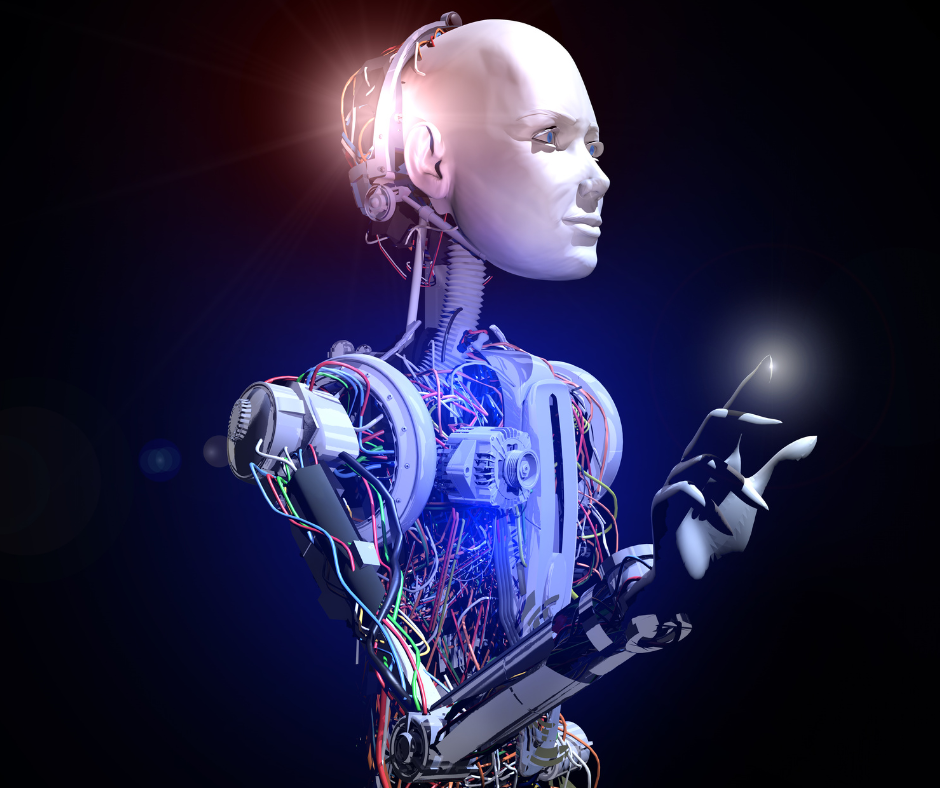Elon Musk’s neurotechnology company Neuralink has announced that it’s looking for recruits for its first in-human clinical trial of a brain implant.
Approved
Neuralink says that it has received approval from the independent institutional review board and for its first hospital site to begin recruitment in its first-in-human clinical trial of a brain implant that could help people with paralysis to control external devices with their thoughts.
Neuralink
Neuralink is a neurotechnology company co-founded by Elon Musk in 2016. The company’s aim has been to develop high-bandwidth brain-machine interfaces (BMIs) with the goal of merging the human brain with artificial intelligence (AI) and thereby advance human capabilities.
The idea is that the BMI, with its tiny, flexible electrode threads (thinner than human hairs) can be implanted into the brain to establish a high-resolution interface with neural circuits to record and stimulate electrical activity.
The main objective of Neuralink is to create a safe and effective means of connecting the human brain to computers or other external devices, for example to enable people who can’t use their hands to use their mobile phone or other devices simply by thinking about it.
The PRIME Study
The first in-human trial has been dubbed the PRIME Study (short for Precise Robotically Implanted Brain-Computer Interface) which Neuralink describes as “a groundbreaking investigational medical device trial for our fully implantable, wireless brain-computer interface (BCI)”.
The six-year PRIME study will be used to assess and evaluate the safety and functionality of the company’s N1 implant, R1 surgical robot, and BCI. Neuralink says the goal of this first study will be: “to grant people the ability to control a computer cursor or keyboard using their thoughts alone.”
What Will Happen?
Neuralink says the study, which will be conducted under the investigational device exemption (IDE) awarded by the FDA in May 2023, will involve:
– The R1 Robot surgically placing the N1 Implant’s ultra-fine threads in a region of the brain that controls movement intention.
– The N1 Implant (which is “cosmetically invisible”) being used to record and transmit brain signals wirelessly to an app that will decode movement intention.
Recruits
Neuralink’s website says that, since the main (initial) purpose of the implant is to help those with paralysis to control external devices with their thoughts, it is looking for recruits for the study who have, “quadriplegia due to cervical spinal cord injury or amyotrophic lateral sclerosis (ALS)”
That said, the website also provides a link for those who want to join a “Patient Registry” for current and “future Neuralink clinical trials.”
Pigs
Some may remember that Neuralink’s implanting of devices into pigs (3 years ago) and demonstration by Musk involving three of them attracted a backlash and great deal of criticism on ethical grounds. Some commentators at the time also noted the potential dystopian possibilities of implants that could potentially be used for control, and People for the Ethical Treatment of Animals (PETA) reacted very angrily to Mr Musk’s use of pigs. PETA president Ingrid Newkirk issued a statement at the time saying, “PETA challenges Elon Musk to behave like a pioneer and implant the Neuralink chip in his own brain.”
In 2022, it was reported that the company was under federal investigation for potential animal-welfare violations, and that there were internal staff complaints that Neuralink’s animal testing was being rushed and may have caused needless suffering and deaths.
What Does This Mean For Your Business?
Finding a way to help people with paralysis to operate devices using just their thoughts is a promising and potentially ground-breaking innovation that could deliver huge benefits. It’s also good that volunteers are being invited, thereby potentially giving many people a chance.
This is still a trial however, with a device is in its early stages, even though it has shown some promising signs in tests on pigs (which in itself created an ethical backlash) and so over the next six-months it will still only help a small number of people. That said, it needs to be tested and it’s likely that there will be many volunteers.
If successful and production and implanting program moves forward, the device could (presumably )help with other (medical) conditions and its usage could open up many other opportunities and whole new areas of development for companies and developers hoping to use the interface to link with a variety of products and services in a unique way. However, with it being a brain implant from a company run by a controversial tech figure rather than someone with a medical background, it will inevitably attract criticism around the first steps being taken into a dystopian future. Doubtless too, there will be conspiracy theories and opposition.
Hopefully, the proper regulation and oversight will be in place for Neuralink’s testing (both animals and human) to ensure safety and ethics going forward, and it would be a great achievement if, in six months or so, someone with paralysis can have at least part of their life transformed in a positive way by the implant, and even greater if this could be scaled up to benefit many more people.

